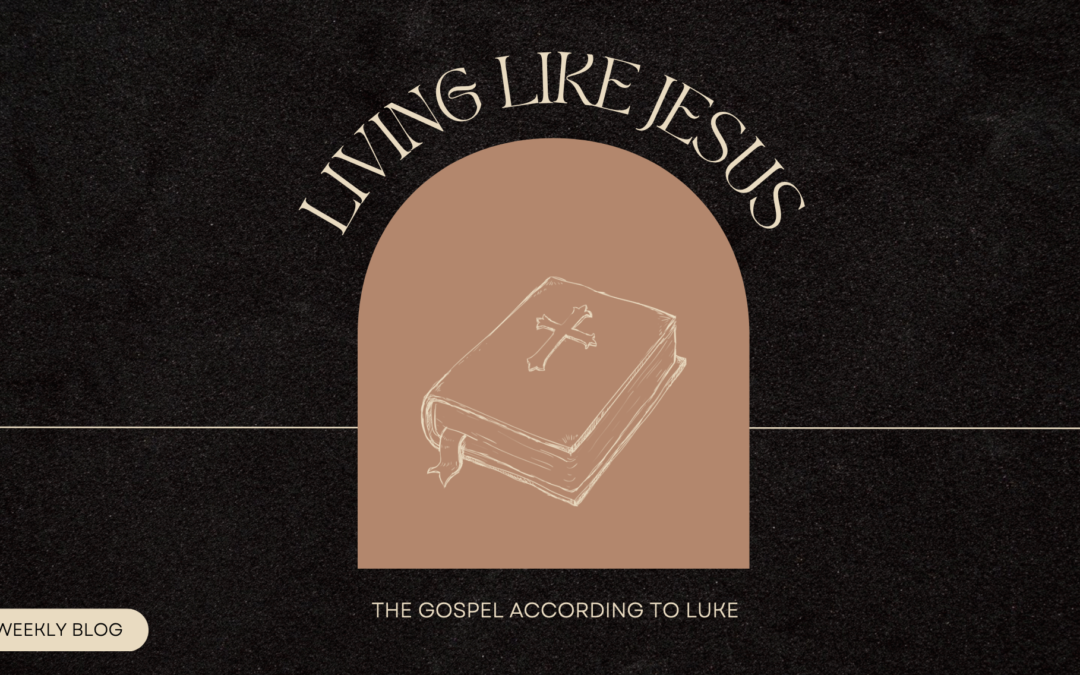LIVING LIKE JESUS: The Gospel of Luke—Week 6
Luke 9:46-48; 14:7-14; 22:24-27
We are in our second week examining the next of Jesus’ spiritual practices: humility. As we know from Philippians 2:1-11, Jesus is the very epitome of humility. Last week we explored the definition provided by Andrew Murray: “The humble person is not one who thinks meanly of himself, he simply doesn’t think of himself at all.” This week we will see how Jesus turns our earthly perceptions of greatness and leadership on their head, admonishing us to pursue humility over self-promotion.
Mankind has always struggled with a desire for self-promotion. In the Garden of Eden, Satan tempts Eve with the idea that she can be like God. After the fall, both Adam and Eve attempt to cast themselves in a better light with God by passing the blame for their actions on to someone else. It seems Shakespeare had it right when he said, “Uneasy lies the head that wears a crown.” In our attempt to steal the crown from God’s head and place it on our own, we have unwittingly created for ourselves lives of worry, insecurity, and doubt. We work endlessly to justify our usurpation of God, jealously defending our right to the throne. We are consumed with proving to ourselves and others (including God) that we are worthy of our crown because deep down we know that we are not. Worrying that someone will see through our charade, we build up false images of ourselves, unable to truly be honest with anyone. We tenaciously cling to our reputations and are vicious in our defense of them. We are quick to believe the worst about another, especially if their humiliation has the potential to elevate our standing. In the end, such behavior is vapid, leading only to isolation and exhaustion.
In calling us to humility, Jesus isn’t seeking our humiliation. He actually wants us to achieve greatness. But he wants us to achieve true greatness—the abundant, full life he created us for. Jesus understands that as long as we measure ourselves against, or at the expense of, others, we will be enslaved to comparison. Our worth will always be relative. However, when our worth is found instead in God’s unwavering and unconditional love for us, we are freed from the worry, insecurity, and doubt of self-promotion. There we find complete security in who we are and what we do. There’s no longer any need to worry that someone will see us for who we really are, for who we are is a beloved child of God. We no longer feel the need defend our reputation because it is not the basis for our worth. We are free to believe the best in others and to put down gossip—they are no longer a threat. We can lay down the crown that weighs so heavy on our souls, for Christ bore its full weight at Calvary.
Questions:
- Satan tempted Eve by telling her she would be like God. How are you tempted to be like God in your own life? How are you tempted to be like God in your relationships?
- What are some ways that the worldly concept of self-promotion may have influenced the church in America? How might it have even found its way into our personal prayer lives?
- How does self-promotion negatively impact our relationships? What is the cure for this problem?
- How can we find greatness in humility? How does a life of humility free us?






